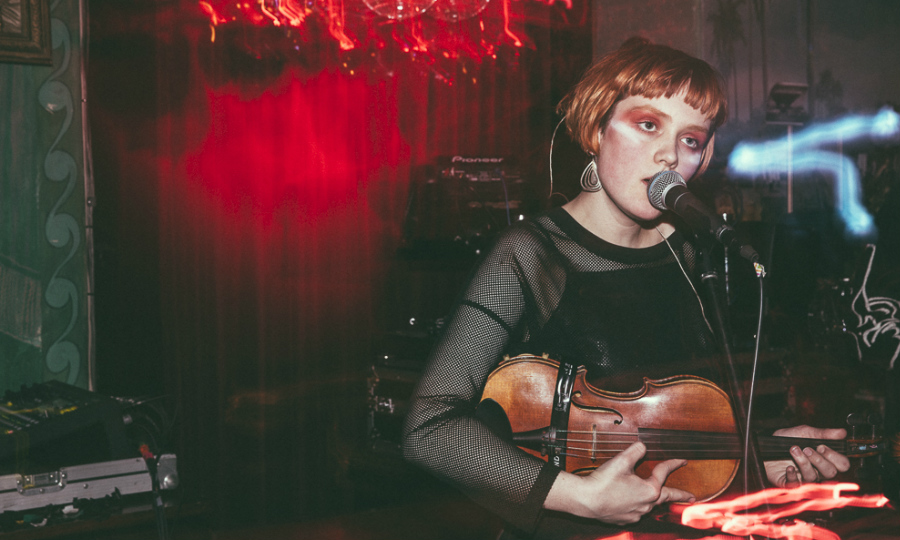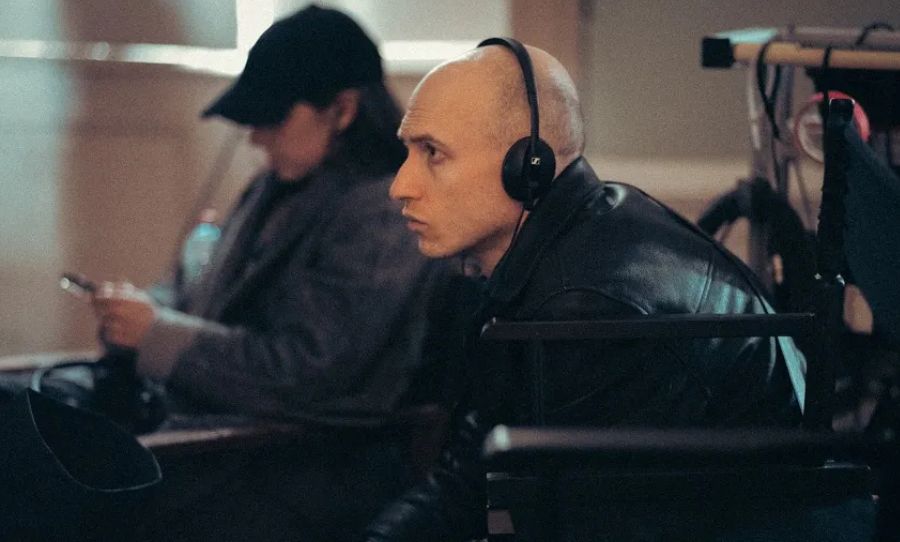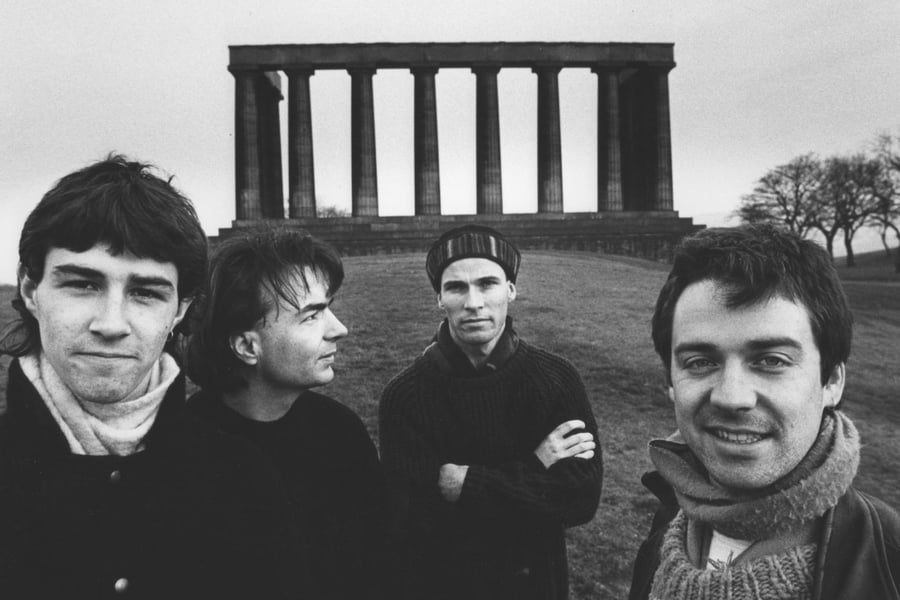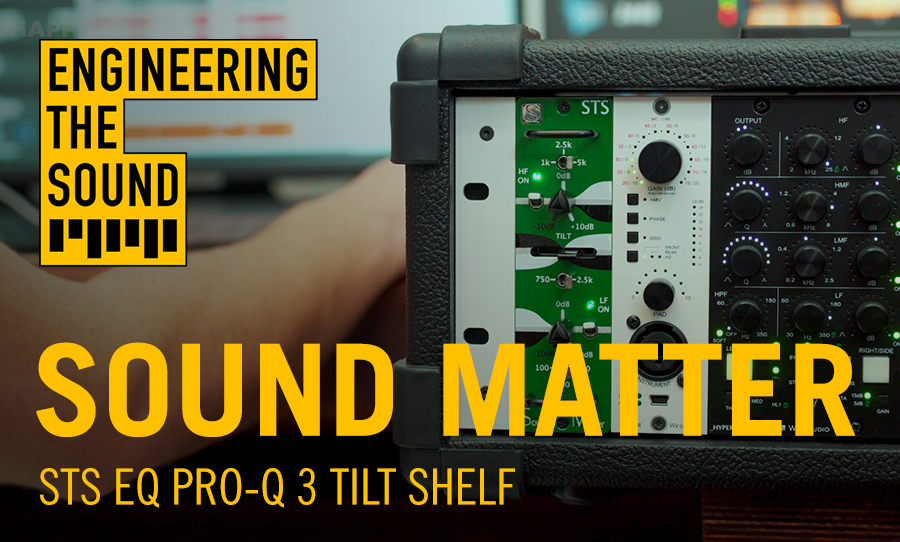Music is almost always best served loud. It’s exhilarating and enrapturing. In the past, after concerts I have associated ringing ears with a good time, however that feeling is misguided as ringing ears almost certainly means hearing damage.
Unless you’re Brian Eno then chances are you’re a fan of loud music too. None more so than Jack White however. At BluesFest last year while performing with The Raconteurs, White addressed the festival saying, “It’s way too quiet down under, you’ve gotta turn up the volume!”
This is due to our stricter decibel restrictions at music festivals and outdoor events whereas the US have far looser parameters for music events.
But I digress, the need to take care of your ear health is of great importance, so you can always enjoy your favourite sounds to the fullest potential.

Here are 5 eternally useful tips to save your ears a lifetime of pain and ringing. For musicians and fans alike this is how to avoid the tinnitus mosquito.
Ear Plugs
This is a no brainer, and will honestly become your best friend. We’ve all been to gigs that are too loud or you get stuck too close to a speaker. Now there is amazing technology surrounding ear plugs and endless options to choose from.
Some high end plugs mimic a second ear drum to absorb all the damaging noise pressure while compromising none of the sound quality. Others are geared specifically towards musicians and will drop the decibels without sacrificing clarity.
TIP! The good old wet toilet paper trick is a life saver as a last resort and has saved me many times, though most music venues will have cheap ear plugs behind the bar for a gold coin.
Rehearse quiet
This one is arguably mostly for musicians however it’s an incredibly useful and tricky tool to master. It’s very easy and fun to play loud and many songs are geared that way. Far too often though it becomes a battle to play the loudest… lead guitarist I’m looking at you!
Everybody roll one point of their volume off and see what happens. Hell, even try playing a song as quietly as possible. That way you can get down to the bare bone structure of a song and work out if all the parts and rhythms are actually working together. It might even help improve a song!

Be informed
Roughly 28 million Americans between the age of 20-29 have a degree of hearing loss due to overexposure to loud music. According to the National Institute for Occupational Safety and Health, risk for hearing loss begins after crossing certain thresholds: for example, listening to sound at 88 decibels for four hours, 94 decibels for one hour, 97 decibels for 30 minutes and 100 decibels for 15 minutes.
While it’s often nearly impossible to measure this a general rule is, if it is uncomfortably loud then it’s doing damage. Even while wearing ear plugs you can damage the tiny hair cells on the inner part of your ear so do the research and buy the right ones!
Move back!
This is the simplest tip there is but is rarely followed. If you’re at a show, especially small pub gigs, and it’s too loud just move back a few rows. First of all, the gig will sound a thousand times better, but you’ll save yourself not being able to sleep that night because your ears are ringing louder than church bells.
Another thing to keep in mind is positioning. You never need to be standing directly in front of a monitor or speaker. This goes for on stage and in the crowd. You will find the best sound and safety in between speakers, win win!
Noise-cancelling headphones
Noise-cancelling headphones are the future. I recently picked up a pair of Sony WH-1000XM3 and they quickly changed my life. The audio is exceptional and they’re maddeningly comfortable. You will find serenity, peace, and safety for your ears.
Noise-cancelling headphones work via tiny microphones in the ear cup. They receive the outside sound before you which is then processed by noise cancelling circuitry. Said circuits note the frequency and amplitude of the sound and creates an anti-sound. This opposing frequency is mixed with the original sound and fed to the headphones speakers.
Another important thing to note is that noise-cancelling headphones do not emit radiation like our mobile phones do. Ultimately they are a very, albeit expensive, to protect your hearing on an every day level. Not only this, every song you think you know will sound ten times better. Prepare yourself for crystal clear clarity.
Most importantly just enjoy yourself and have fun! Because if you’re like us, you’ll want to be seeing as much music as possible for as long as possible.



